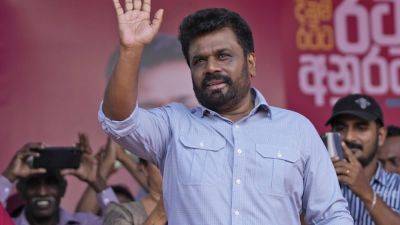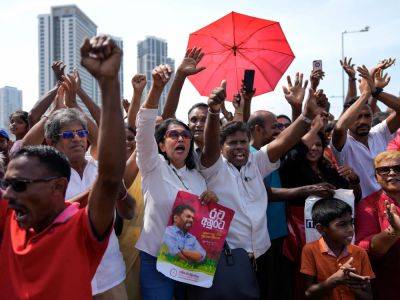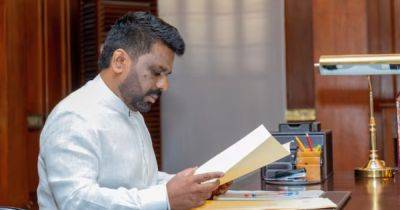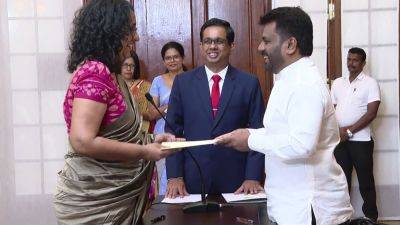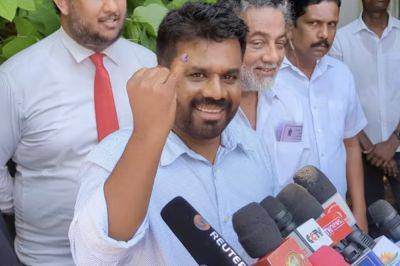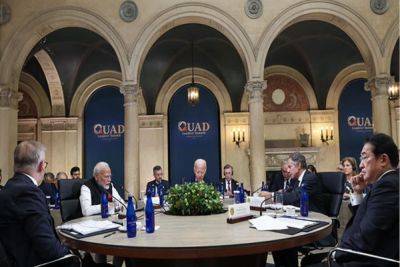Sri Lanka’s new leader must balance ties between regional powerhouses India and China
COLOMBO, Sri Lanka (AP) — The Marxist lawmaker who won Sri Lanka’s presidency faces a key challenge in how to balance ties with his country’s two most crucial partners, India and China, as he seeks to draw foreign investment and pull the economy out of the doldrums.
Anura Kumara Dissanayake, 55, won the weekend election in an extraordinary political upset against an old political guard that voters blame for tipping the country into its worst economic crisis two years ago. Dissanayake must now deliver on promises to improve Sri Lankans’ lives, clean up government and ease austerity measures imposed by international lenders.
But looking beyond Sri Lanka’s borders, he also must navigate the rivalry between regional powerhouses India, the country’s next-door neighbor, and China, which Dissanayake’s party traditionally has leaned toward.
Located on one of the world’s busiest shipping routes, Sri Lanka has long been eyed by the two regional rivals. Sri Lanka governments have swung between the two camps, and New Delhi and Beijing have intensely jockeyed for influence in the island nation of 22 million.
“Dissanayake will try to keep both India and China at an equal distance” but his ability to balance them is likely to be tested in the coming weeks, said Veeragathy Thanabalasingham, a Colombo-based political analyst. “It’s going to be a tightrope walk,” he added.
Indian Prime Minister Narendra Modi and Chinese President Xi Jinping both congratulated Dissanayake soon after he won.
The victory was by the National People’s Power coalition led by Dissanayake’s People’s Liberation Front — also known as Janatha Vimukthi Peramuna, or JVP — which considers itself Marxist, though it now expresses support for a free market economy.
Dissana


